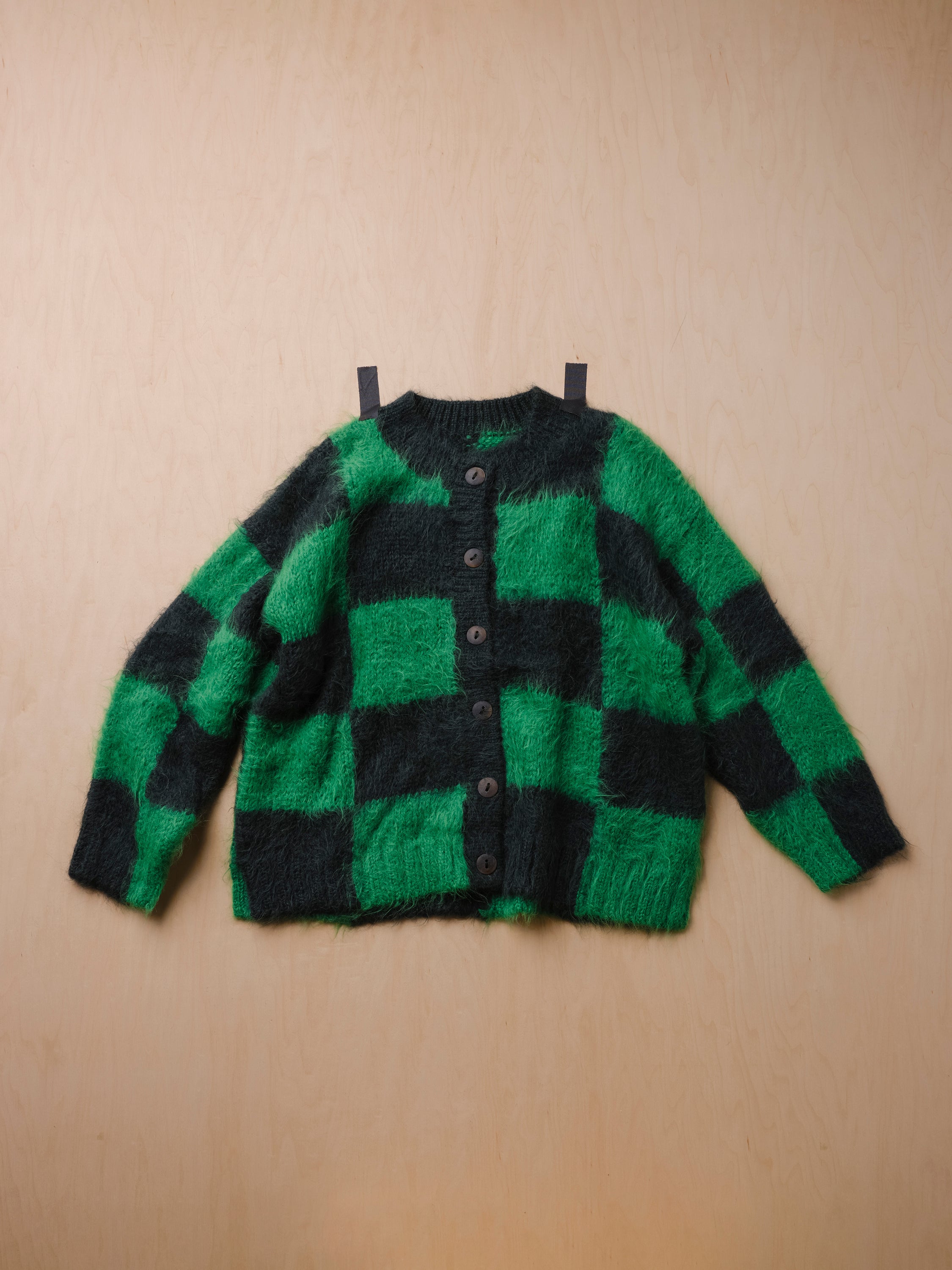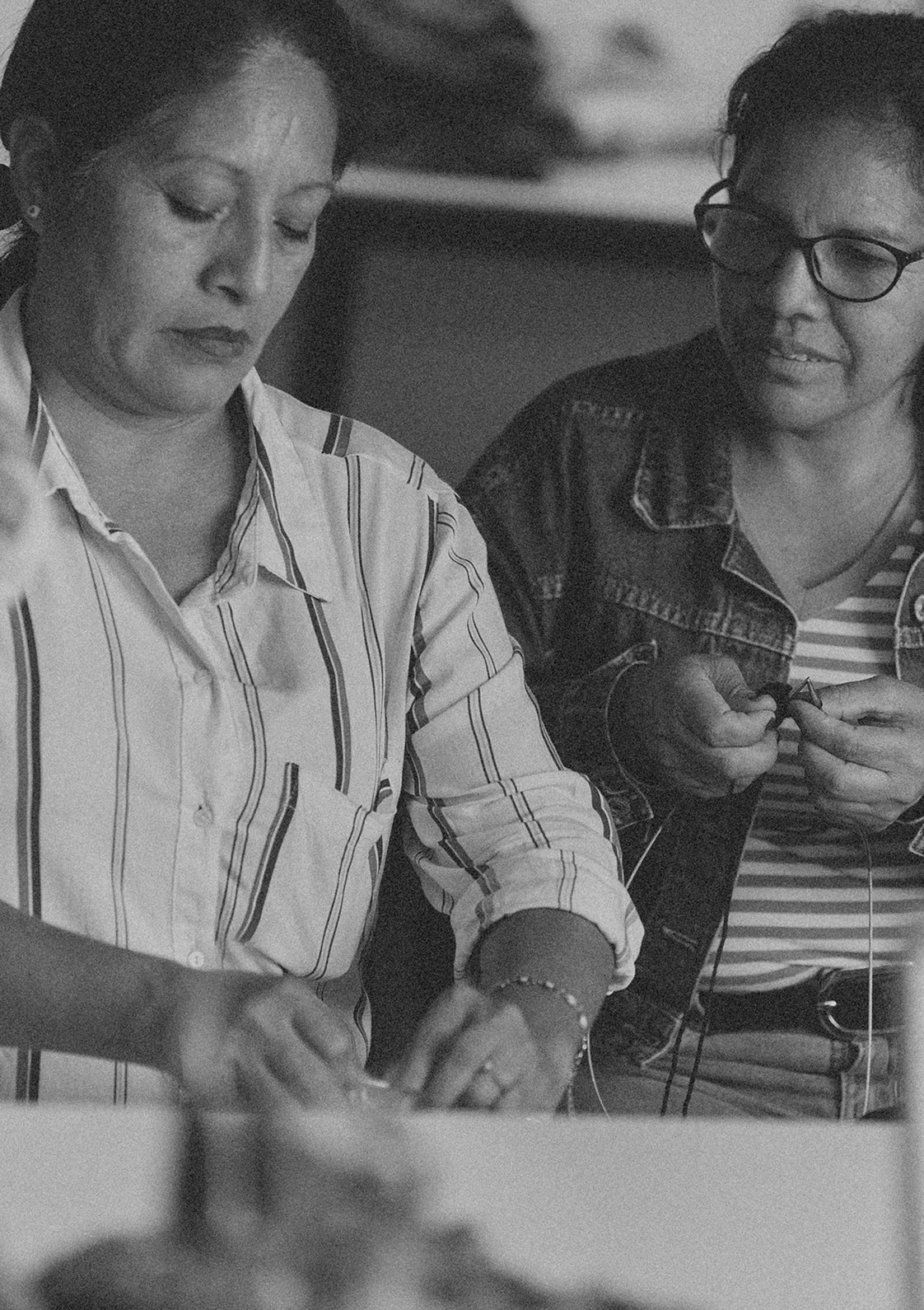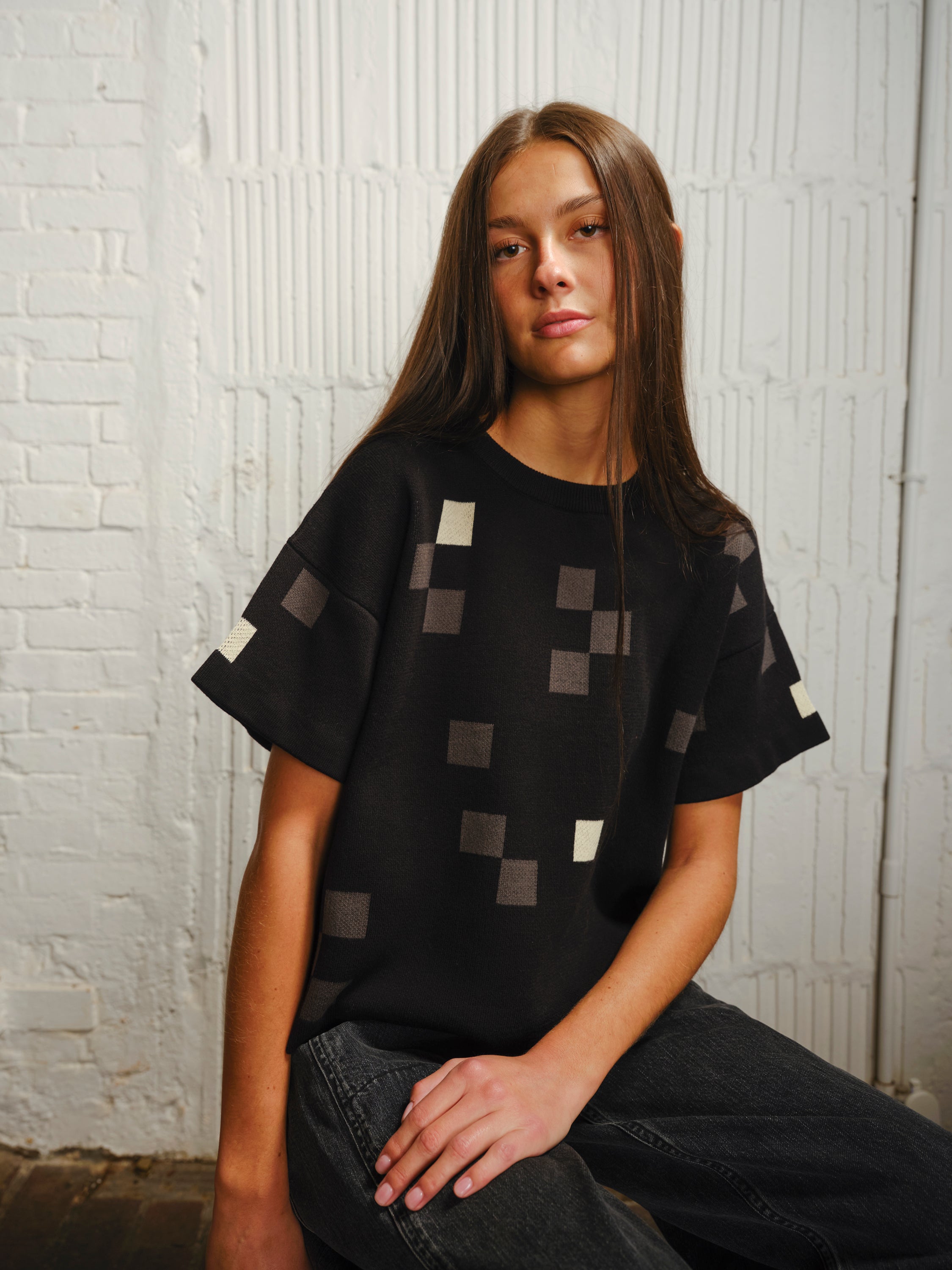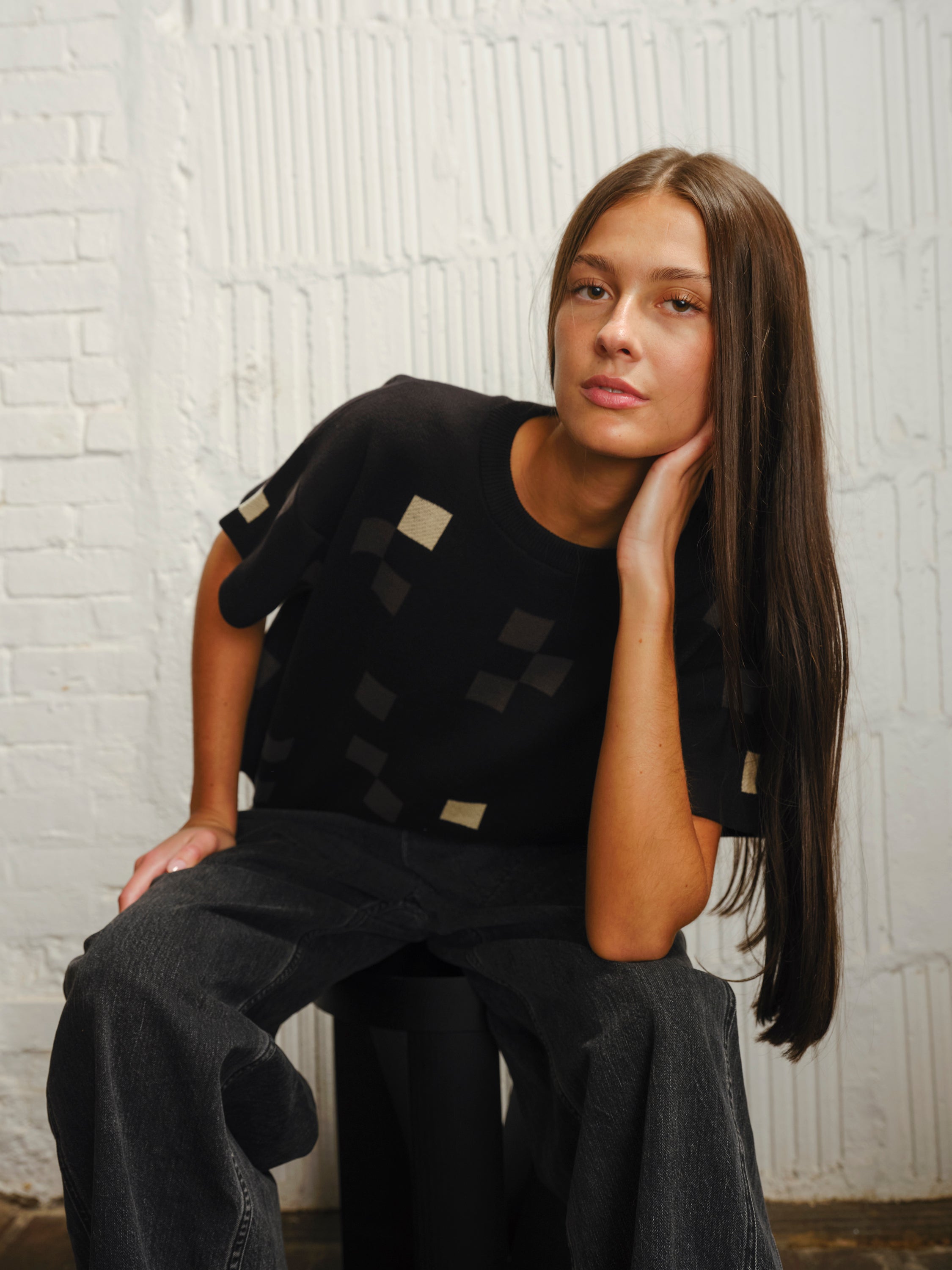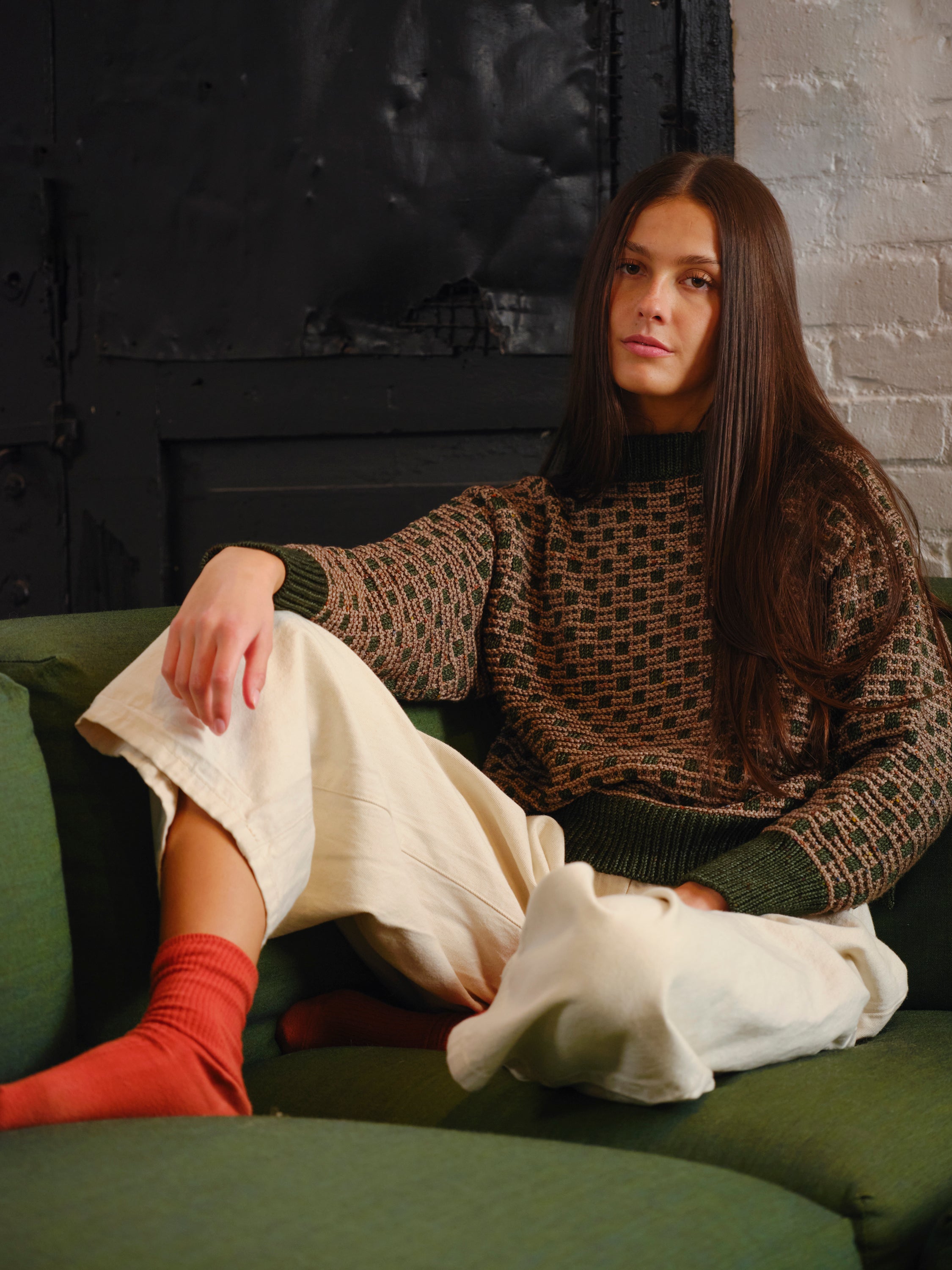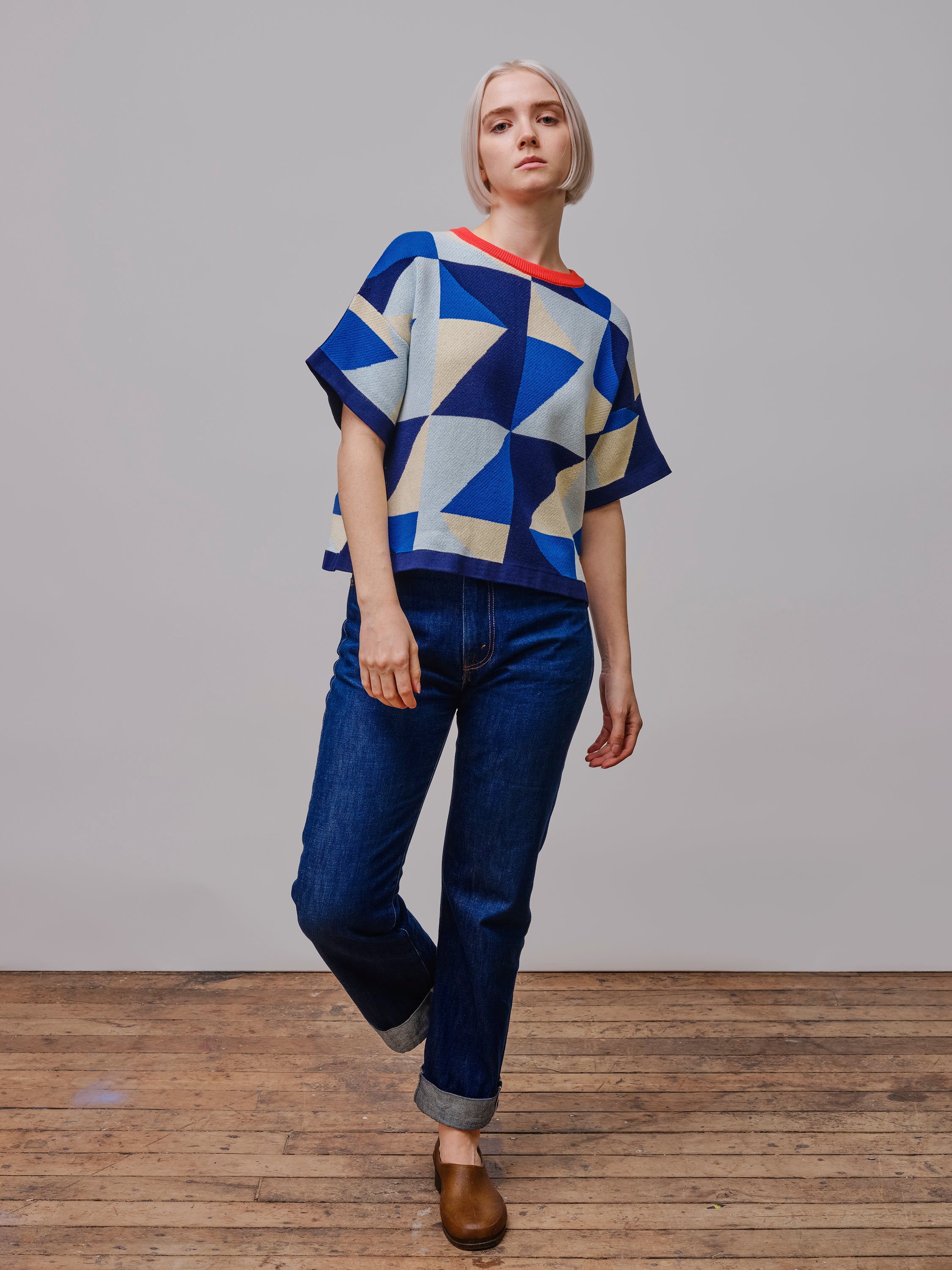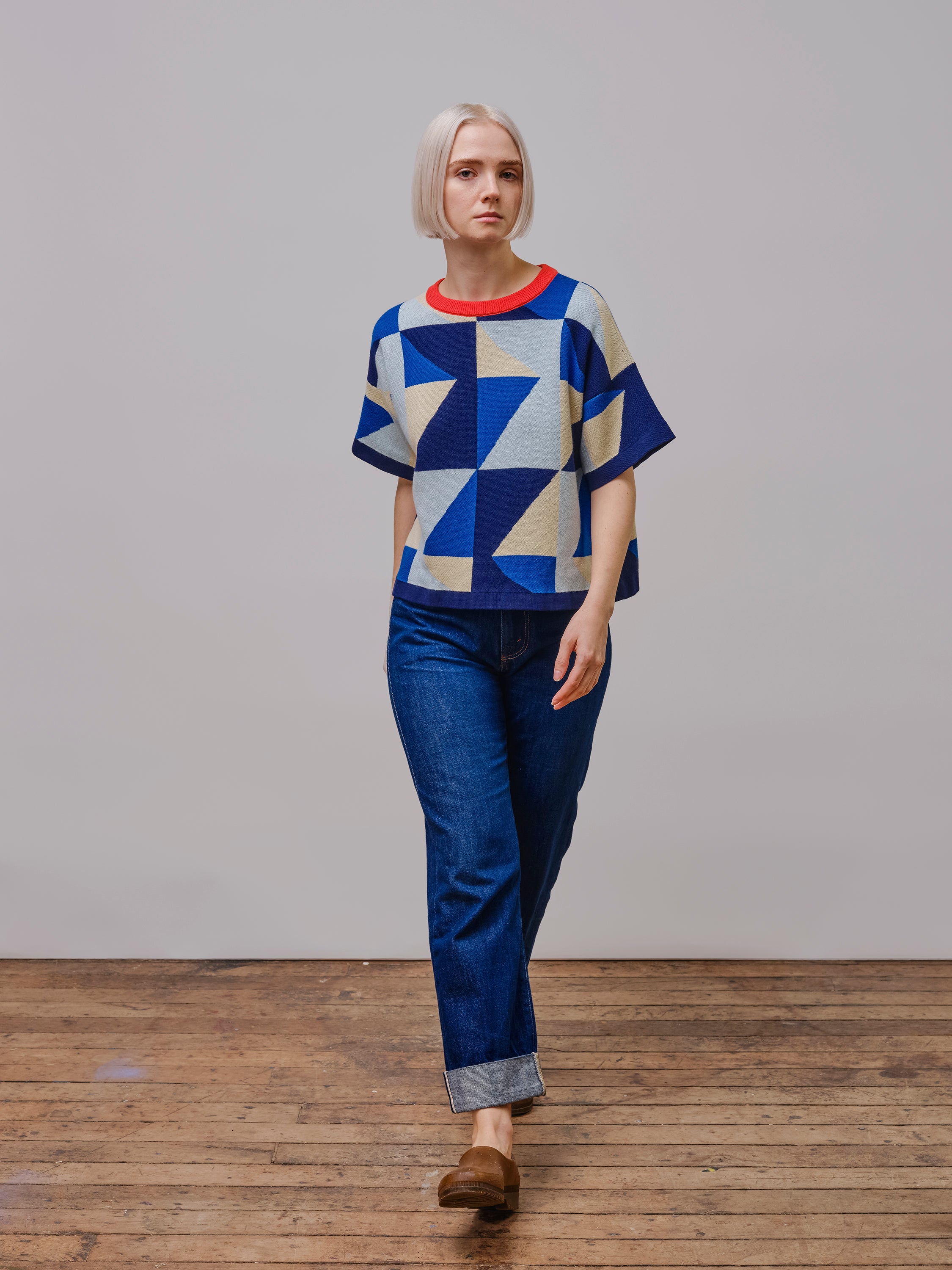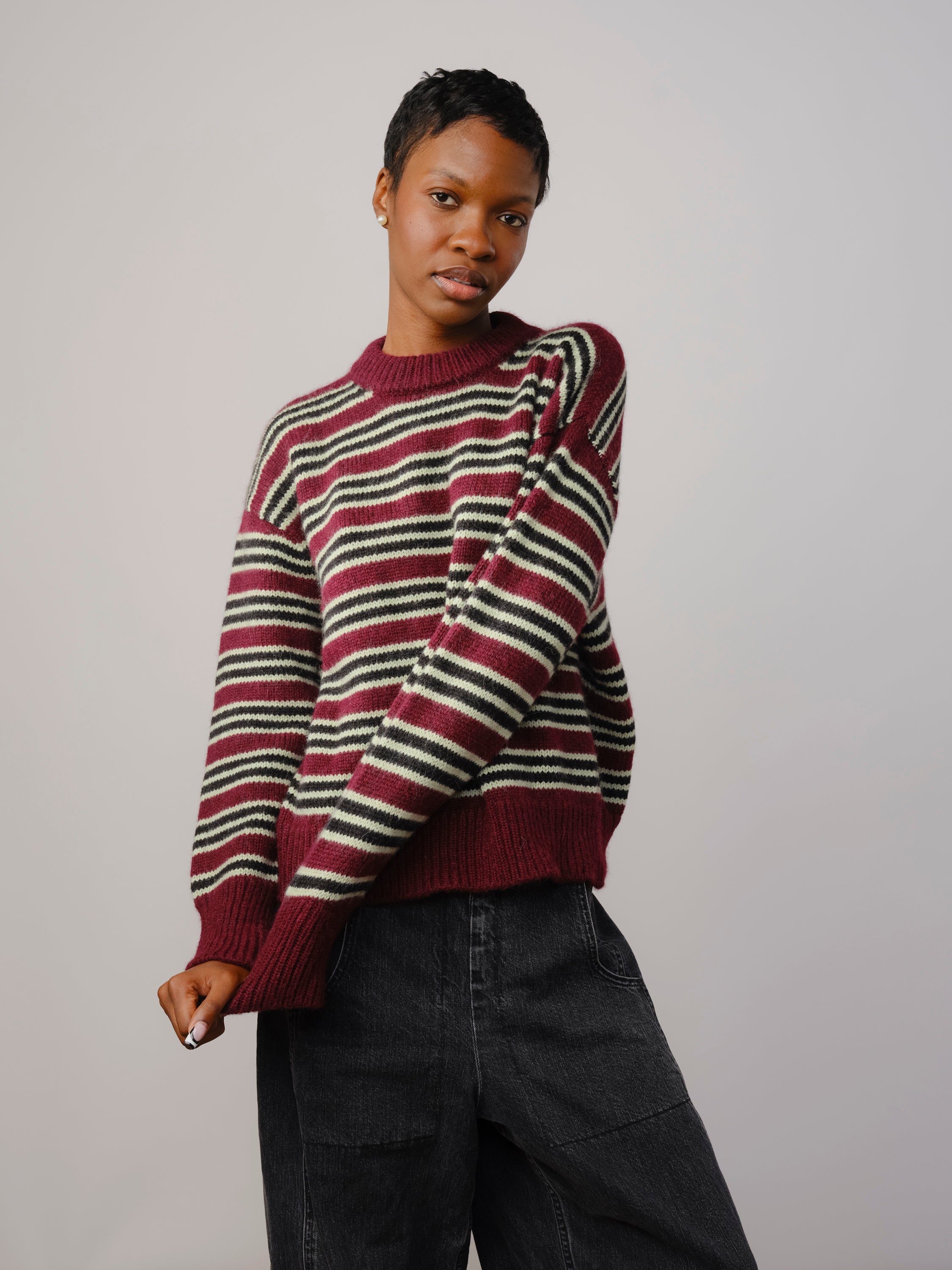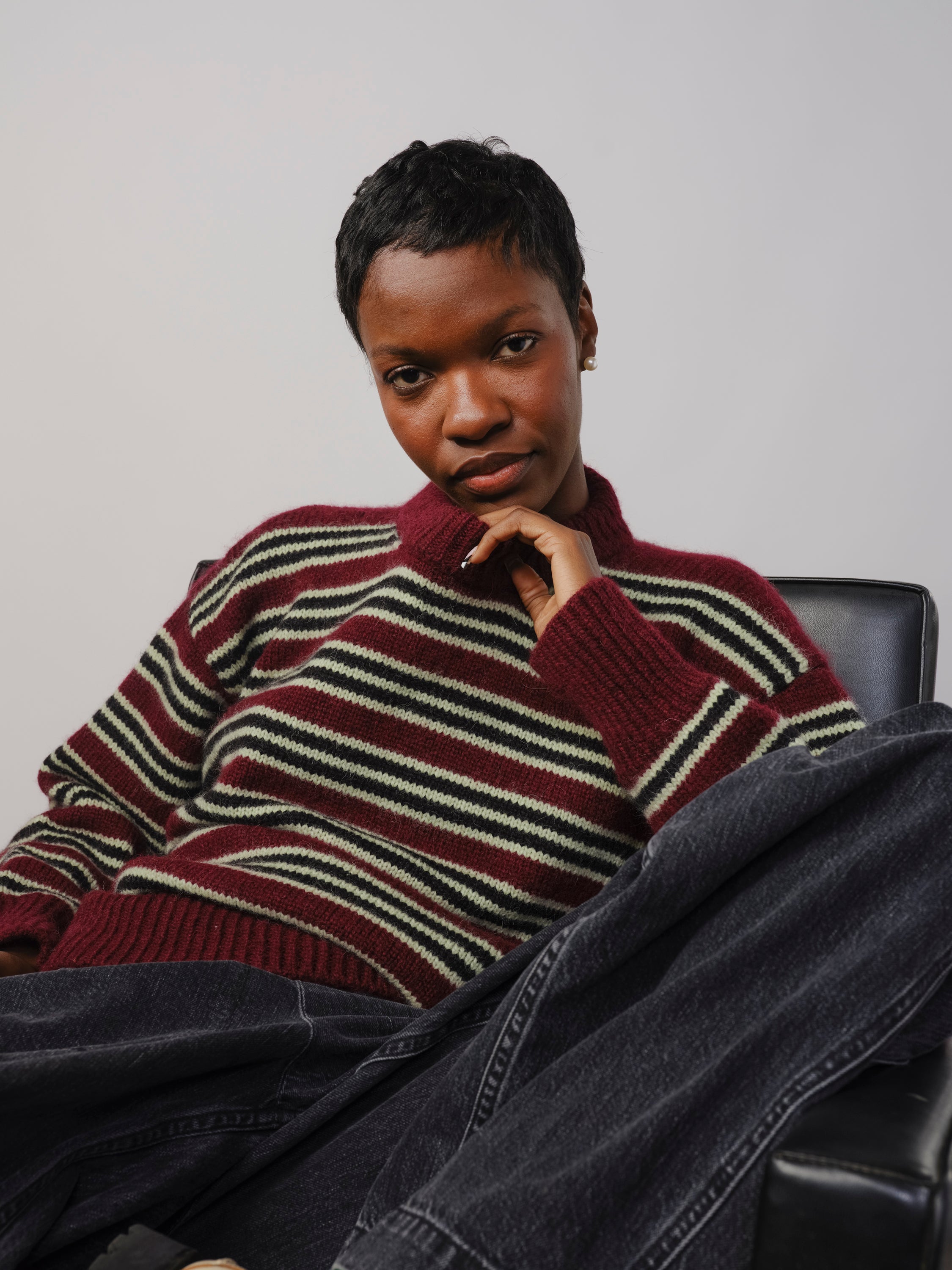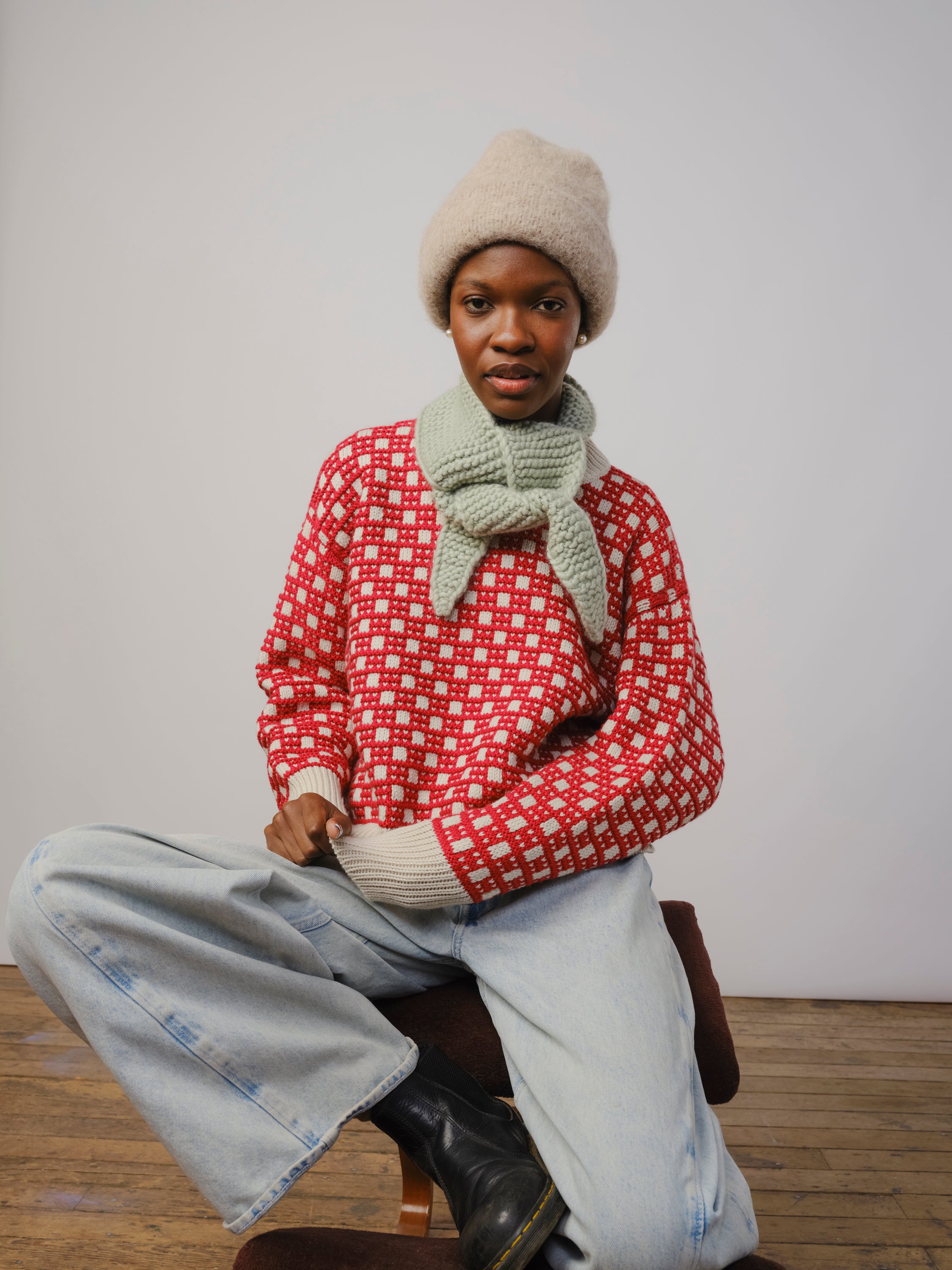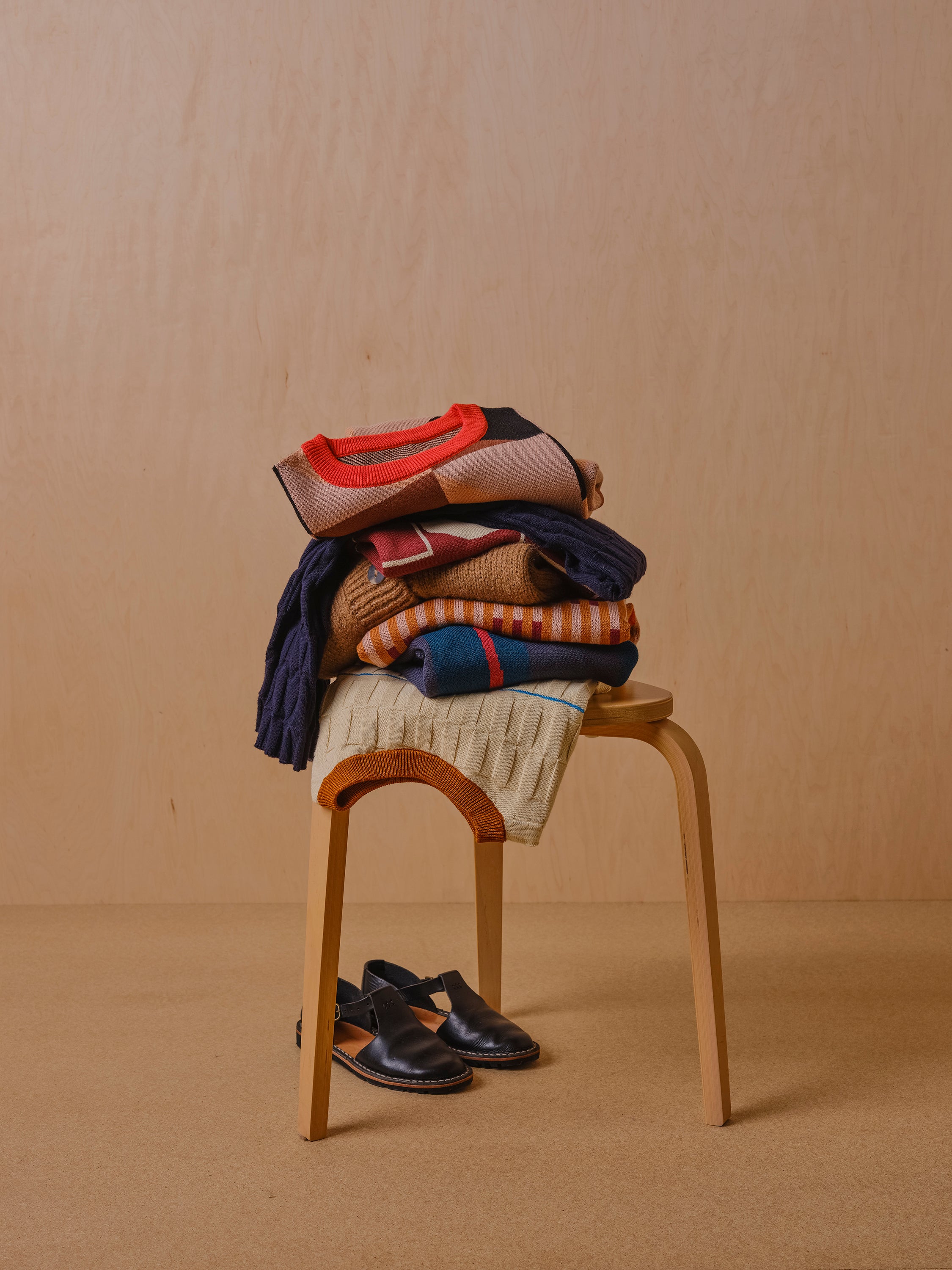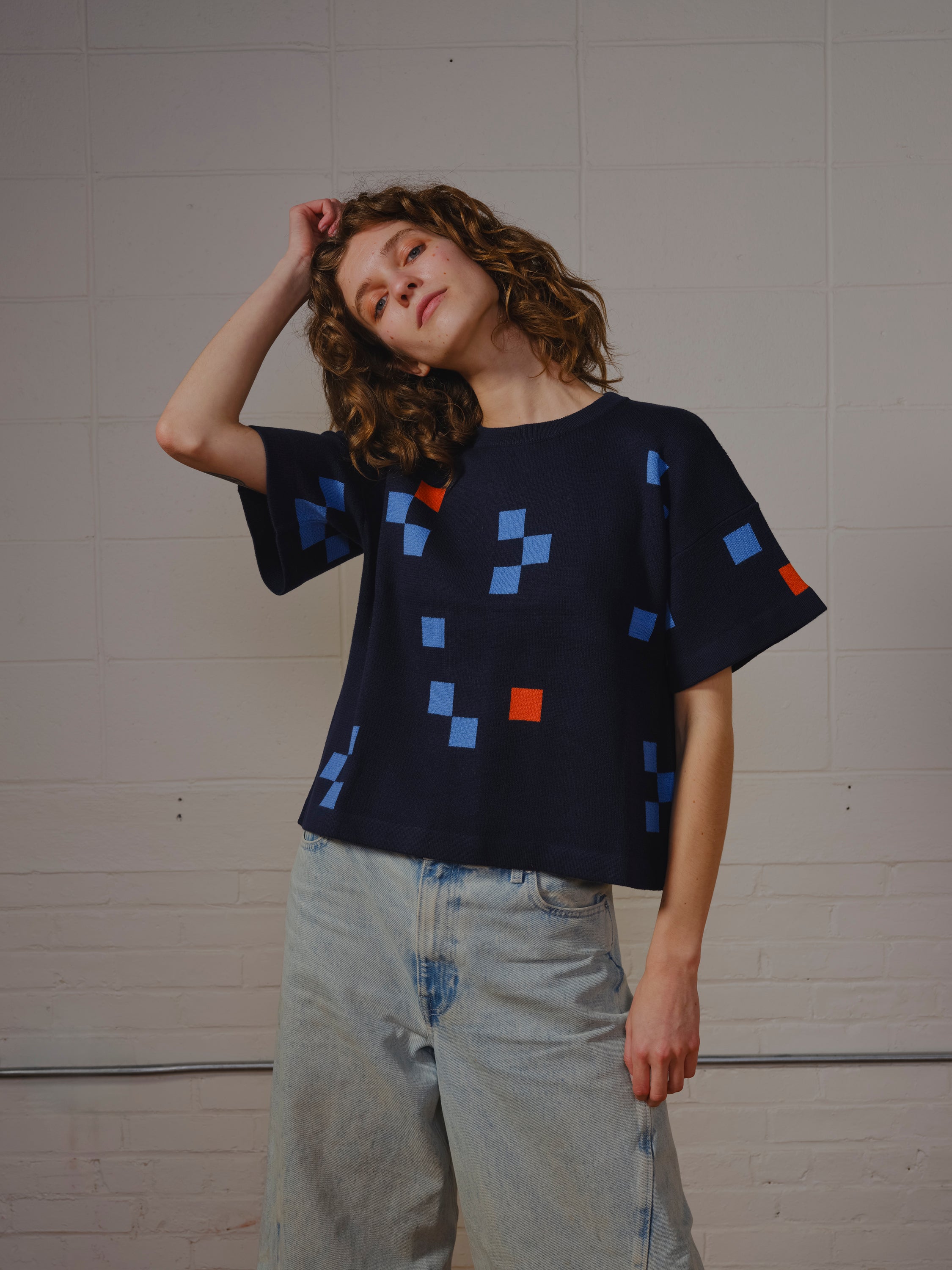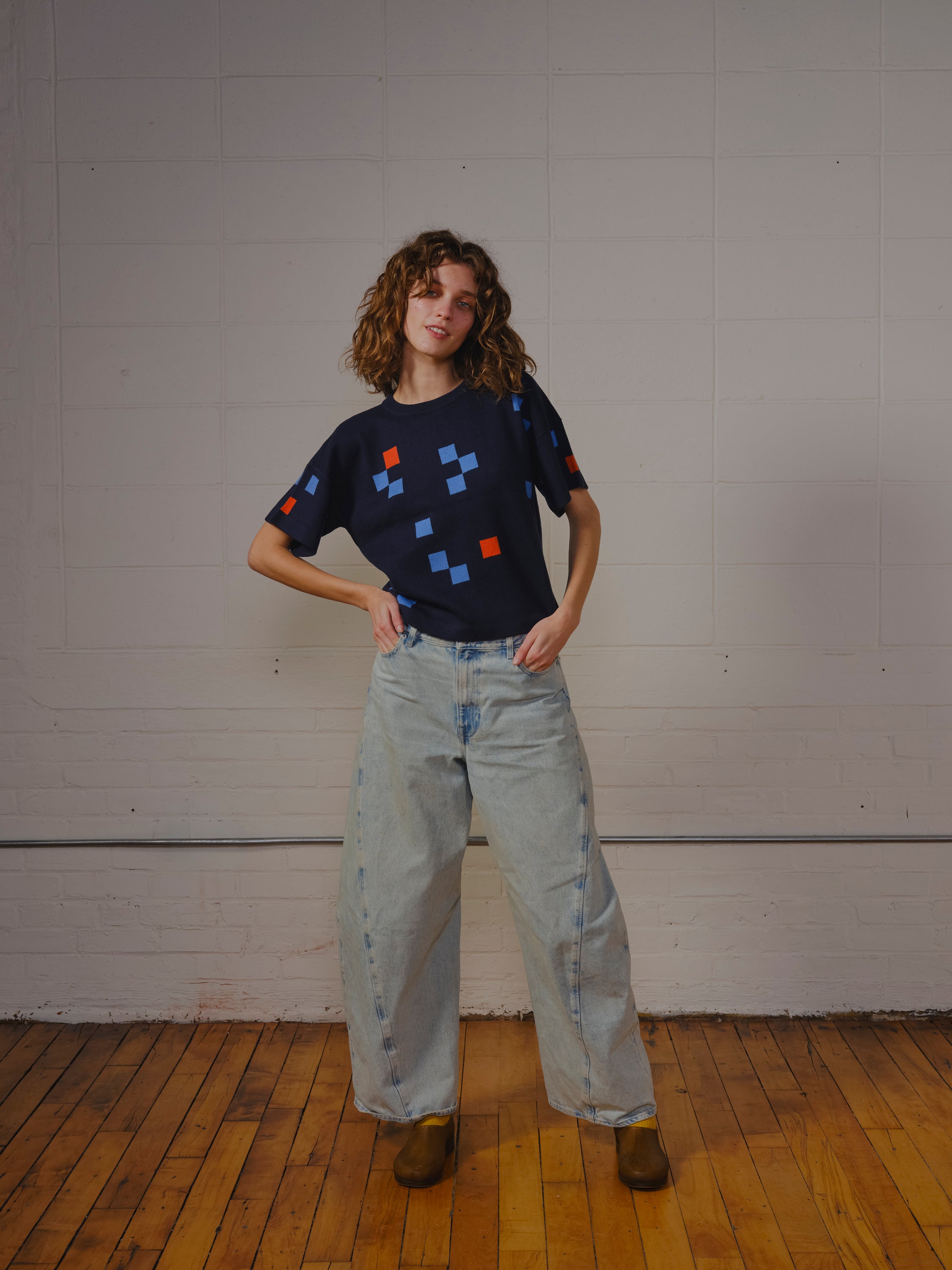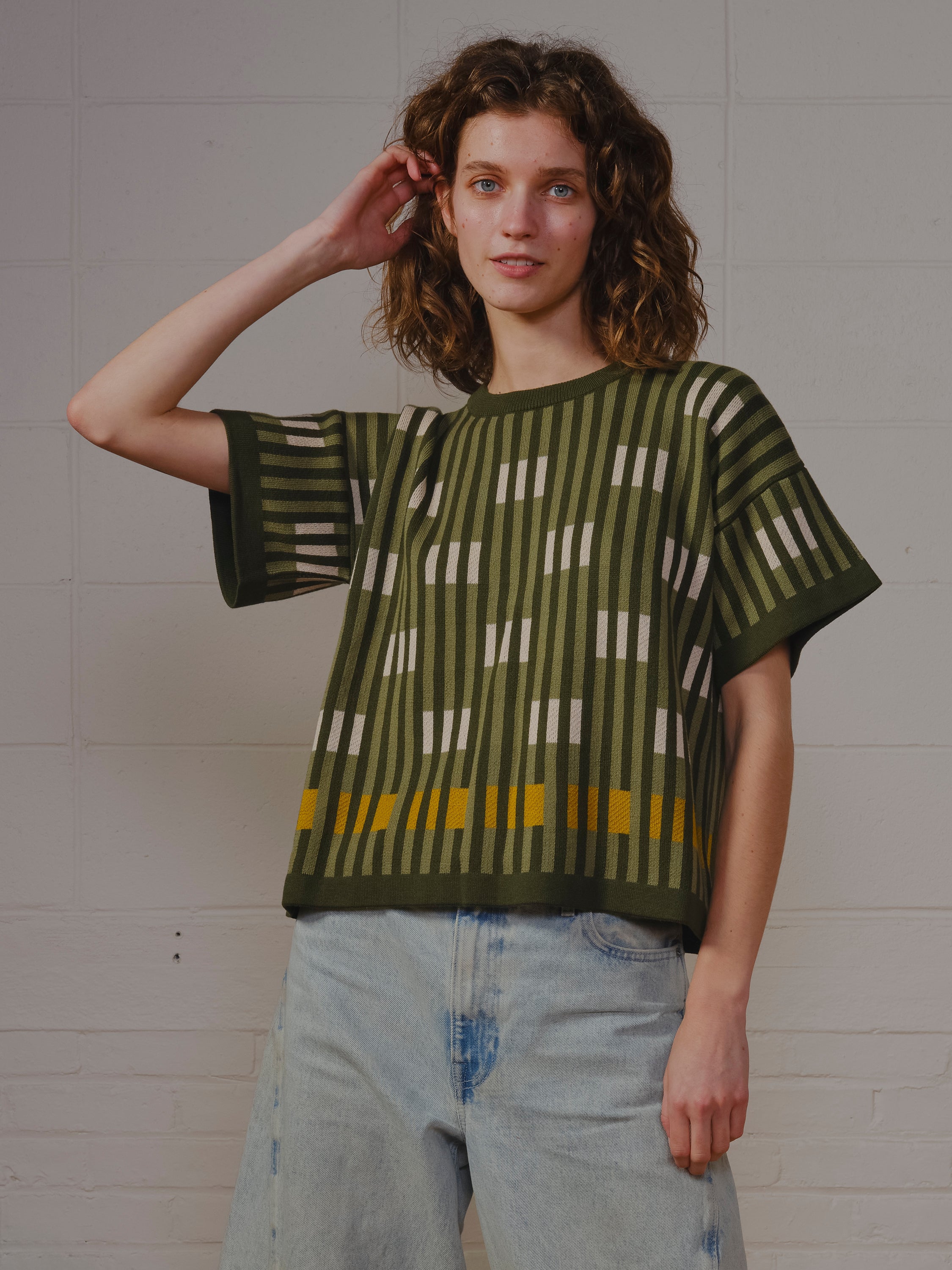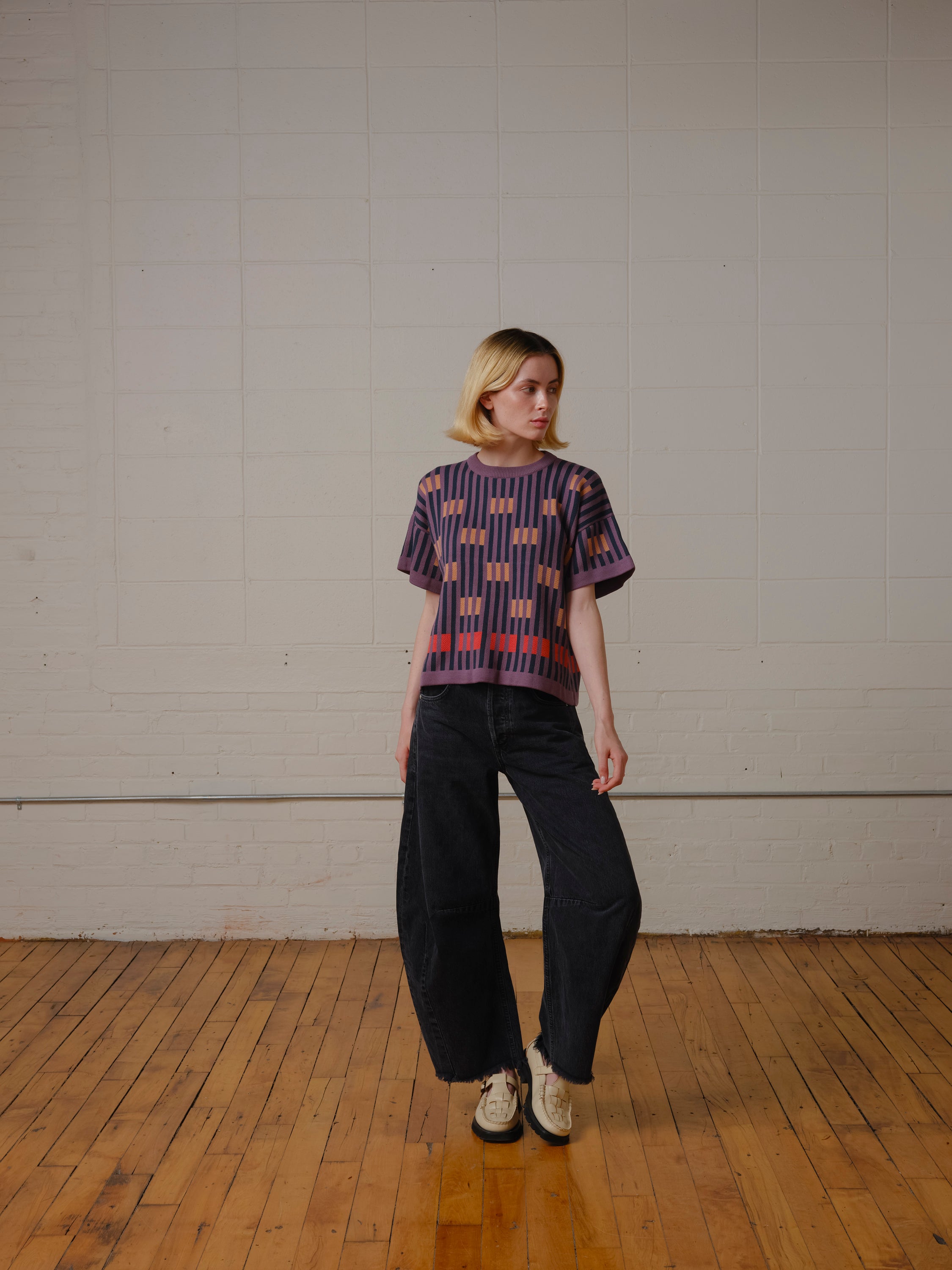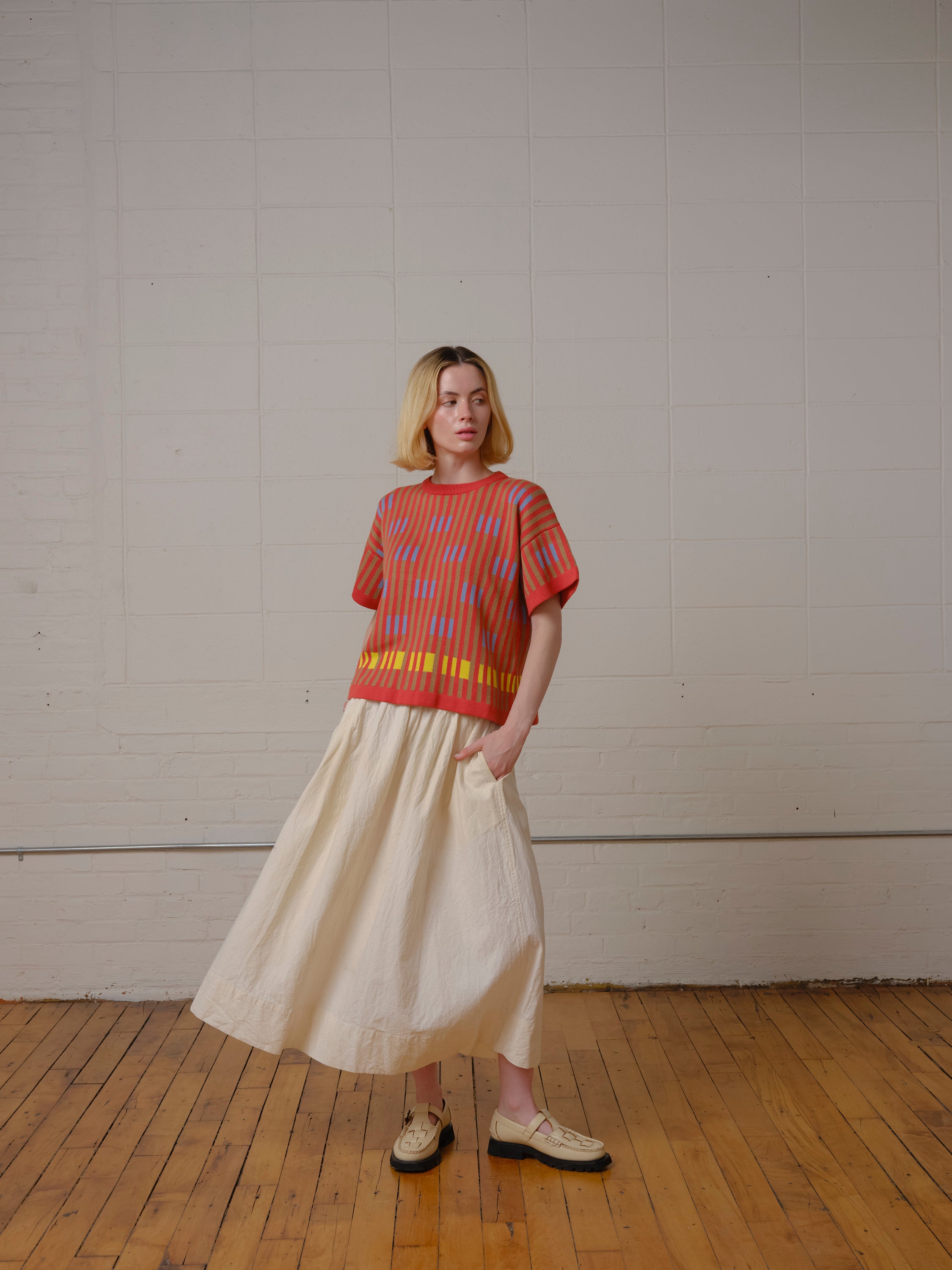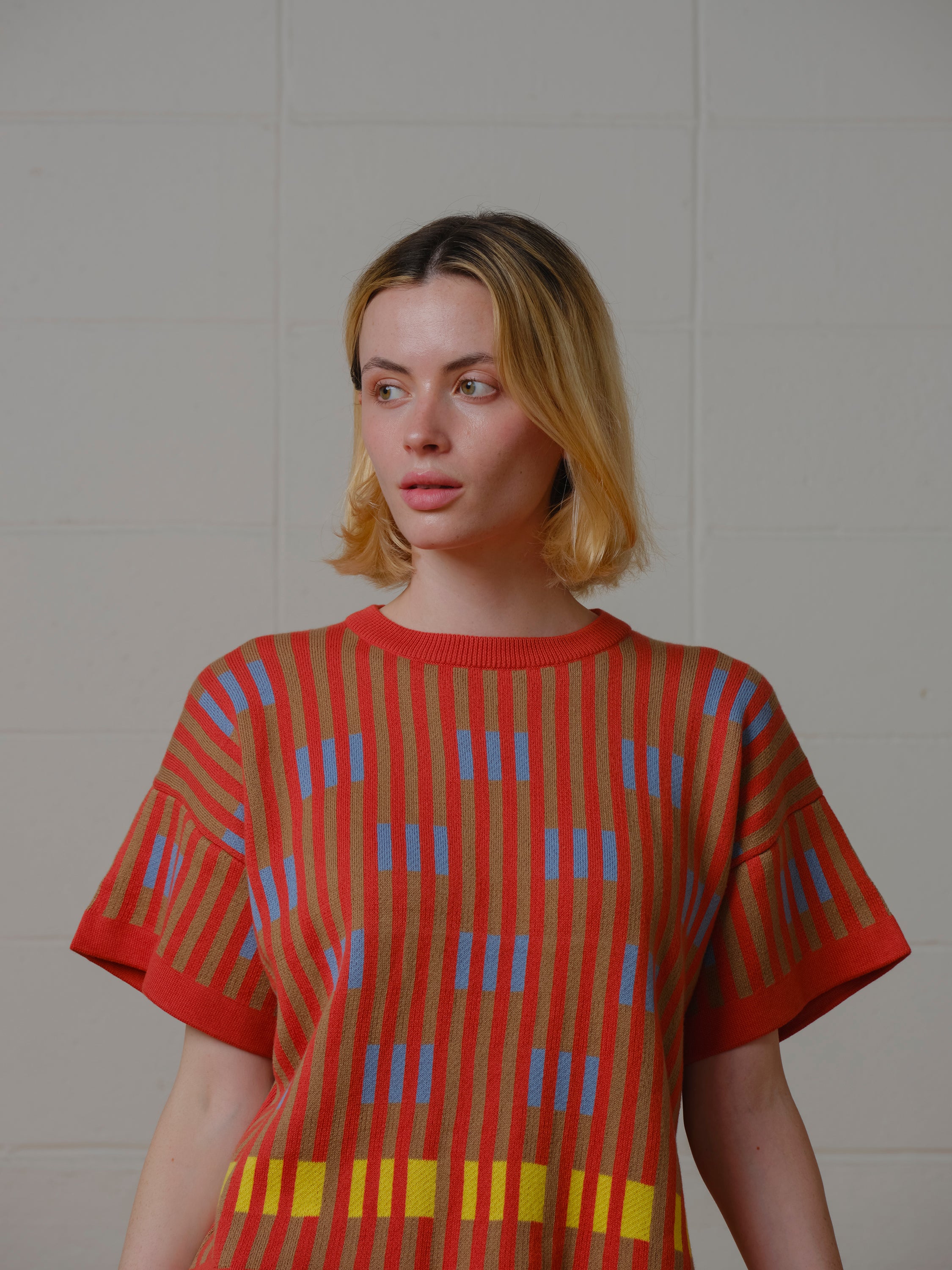Cotton is the world’s most important non-food agricultural product, accounting for half of the global demand for fiber. It takes up a lot of space worldwide, and its production makes up a large portion of the workforce in India, the US and China, where it is predominantly grown. Regular cotton or conventional cotton is controversial from an ethical point of view, for both the impact on workers and the environment. Its farming and production requires the use of a significant amount of pesticides and water, posing significant health risks to those in the fields, factories and surrounding communities.
Organic cotton is much much safer for the environment and for the workers, yet only 1% of cotton grown worldwide is organic, according to Patagonia. While brands like Eileen Fisher and Patagonia are making efforts to use organic cotton to produce their clothing, the fashion industry at large has a detrimental over dependence on this unsustainable conventional crop.We at The Endery believe this needs to change.

We chose pima cotton for our collection because cotton is resilient, strong and easy to care for – but most importantly, pima is a high-end cotton native to Peru. Wanting to fly the flag for our wonderful local fibers, pima cotton feels like a wonderful place to start a collection. In the spirit of The Endery, our aim is to use what already exists, which sometimes means we can’t be too picky about the yarn’s origin. While we adore organic cotton, we are also very determined to recycle and repurpose preexisting cotton fibers, which have already taken a lot of resources to produce, and find it a new, happy home. Following a waste-led design process is key to our ethos.
To educate you on the importance of organic fibers, here are 5 reasons why pima cotton really is the best cotton out there:
-
It’s extremely soft and durable
Pima cotton is classified as an “extra-long staple cotton,” a term that refers to the length of the individual cotton fibers. It’s considered to have extremely long fibers (1-3/8" staple length), while ordinary cotton fibers measure between 1/2" to 3/4". These longer, silkier fibers produce a luxuriously soft fabric that is also incredibly strong. It’s resistant to fraying, tearing, and wrinkling and is very absorbent.
-
It has a very long life span
Pima Cotton is claimed to have a 50% increased longevity in lifespan compared to regular cotton. Why? One reason is its resistance to pilling. With most types of cotton, pills (the tiny balls of tangled fiber ‘bobbles’) start to appear on clothing after around 10 washes. In contrast, pima cotton, due to its long fibers, hardly ever pills, which means that garments made from this textile stay wearable for years and years to come.
-
It’s hypoallergenic and sensitive to the body’s temperature
Like alpaca, cotton is hypoallergenic. It’s also a fantastic way to regulate the body’s temperature. Want something to cool you down during the daytime and keep you cozy at night? Cotton is your go-to fiber.
-
It’s just as Peruvian as alpaca
Historically, cotton was grown in coastal areas and fisherman would use it to make their nets. In fact, ancient cotton grown in Peru is called ‘native cotton,’ growing naturally in coffee, avocado and cream colors, and is one of the oldest types of cotton in the world. The vision of The Endery is to use waste and leftovers from the knitting industry in Peru, and we are keen to be using local, Peruvian fibers as a starting point.
-
Peru has optimal growing conditions for pima cotton
Incredible fibers need incredible growing conditions. The northern coastal valleys of Peru are pima cotton’s ideal home. This is due to the region’s rich soil and perfect temperatures, which results in the cotton having an unbelievably soft hand and beautiful luster. In the light, this cotton appears silky and shiny.
And these are just a few reasons why we’re crazy about pima cotton at The Endery! Check out our pima cotton collection here!
The luxury is all in the details.
Premium high-quality natural deadstock yarns produced in Peru with ethical fair wage practices. Finally, apparel that looks and feels as good as its values.
Read more
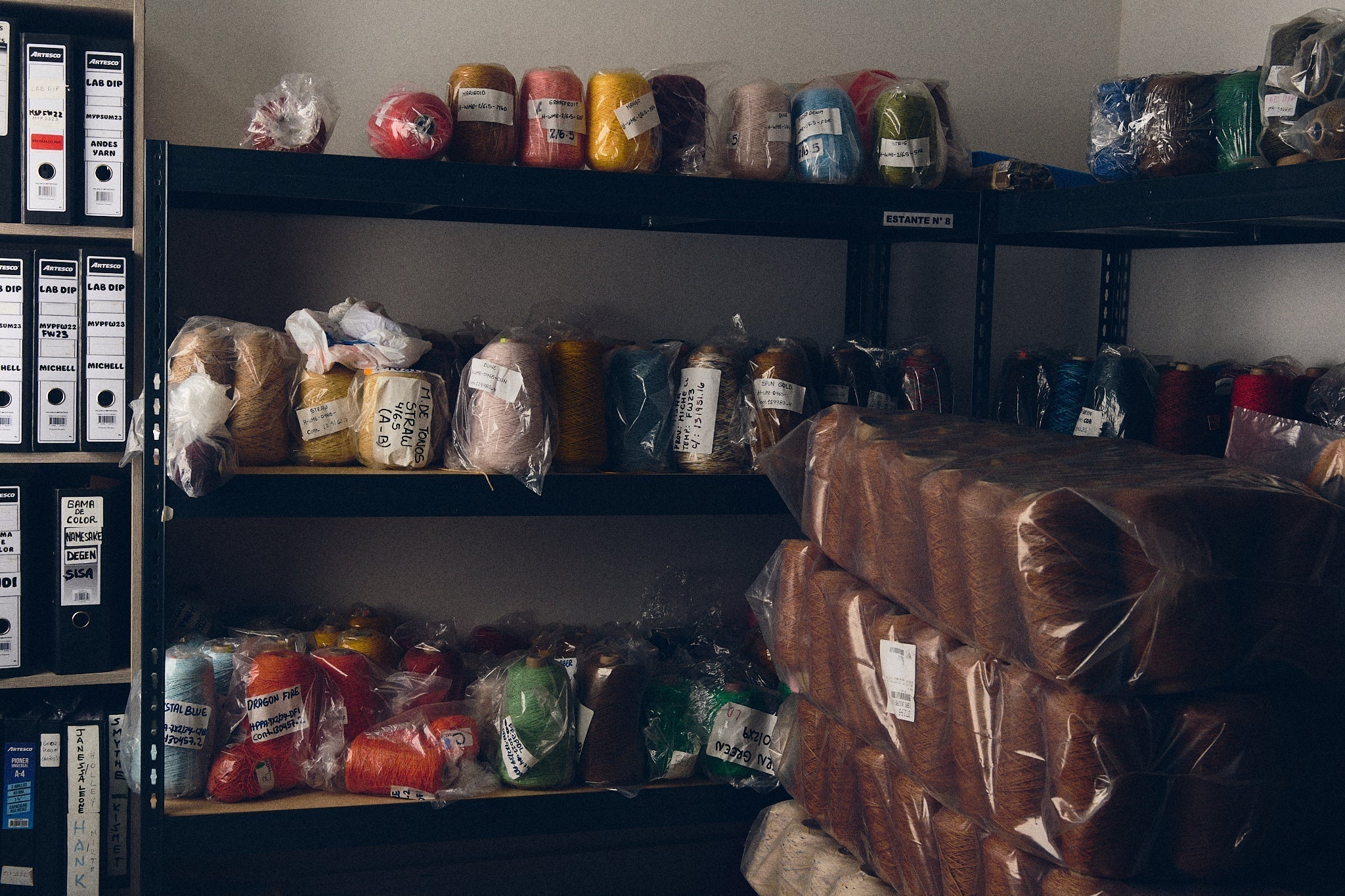
Discover what deadstock yarn is, why it exists, and how using it can reduce textile waste. Learn how The Endery transforms surplus yarn into sustainable knitwear through circular fashion practices—...

Alpaca wool garments can last a lifetime or longer if cared for correctly, making them a great investment for your sustainable wardrobe. Natural dirt-repelling and antimicrobial qualities mean alpa...



